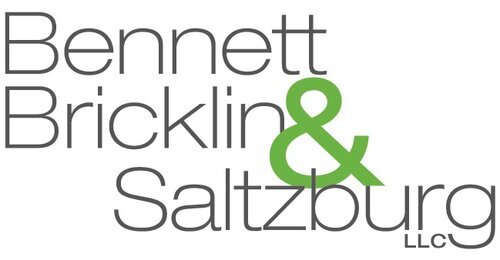NJ SUPREME COURT CASE RESTRICTS BOARDABLE MEDICAL BILLS
April 2019
BY: JAMES D. BLUMENTHAL, ESQUIRE
Practice Area : Insurance Coverage
We write to inform you of a recent New Jersey Supreme Court ruling that will have significant repercussions for the insurance industry. In Haines v. Taft, No. 079600, 2019 WL 1339479 (N.J. Mar. 26, 2019), the New Jersey Supreme Court reshaped the lower courts’ long-standing interpretation of personal injury protection (PIP) benefits law and the Automobile Insurance Cost Reduction Act (AICRA) which permitted plaintiffs in third-party automobile personal injury litigation to recover economic damages for unpaid medical bills in excess of their $15,000 personal injury protection benefits coverage. This new ruling prohibits plaintiffs from “boarding” claims for excess medical bills; arresting a practice which magnified claims for damages in auto litigation.
Plaintiffs Joshua Haines and Tuwona Little were injured in separate car accidents and brought suit against their respective tortfeasors. Both Haines and Little, not having any health insurance, sought coverage for their medical treatment through their PIP benefits that provided them with $15,000 in coverage instead of the default coverage of $250,000 set by AICRA. At trial, the plaintiffs made claims for economic damages for unpaid medical bills which exceeded their PIP limits. In both cases, the defense objected to the admission of excess medical bills at trial. The trial courts ruled against the plaintiffs in each matter and prohibited them from admitting evidence of their medical expenses that exceeded the $15,000 in PIP limits. The Appellate Division consolidated the cases on appeal and reversed both trial court orders. The New Jersey Supreme Court granted the defendants’ petitions for certification.
The primary point of conflict is found within N.J.S.A. 39:A-12, entitled, “Inadmissibility of evidence of losses collectible under personal injury protection.” The language of the statute allows for incompatible interpretations. The statute provides that, “evidence of the amounts collectible or paid under a standard automobile insurance policy … is inadmissible in a civil action for recovery of damages for bodily injury by such injured person.” Id. Conversely, the statute also states, “Nothing in this section shall be construed to limit the right of recovery, against the tortfeasor, of uncompensated economic loss stained by the injured party.” Id. Defendants argued that the former clause explicitly prohibits the admission of “amounts collectible” under any New Jersey automobile insurance policy. Plaintiffs argued that the plain language of the latter clause gives rise to a stand-alone right to pursue a third-party liability claim against a tortfeasor for uncompensated economic loss. In addition, plaintiffs argued that the former clause only precludes evidence of amounts collectible under a “standard policy” which is a $250,000 policy. They argued that this clause is silent on whether an injured party may recover excess medical bills on smaller non-standard PIP policies, such as Haines’ and Little’s $15,000 coverage.
The New Jersey Supreme Court held that the plaintiffs’ interpretation of N.J.S.A. 39:A-12 leads to a result at odds with the policies underlying the no-fault system. Plaintiffs’ arguments, if accepted, would relieve insureds of the intended consequence of minimizing coverage in exchange for a paying lower premium. The Court held that this interpretation essentially creates a fault-based system inconsistent with AICRA. “[I]nterpreting Section 12 to allow the admission of evidence medical expenses falling between the insured’s PIP policy limit and the $250,000 PIP statutory ceiling transgresses the overall legislative design of the No-Fault Law to reduce court congestion, lower the cost of automobile insurance and most importantly avoid fault based suits in a no-fault system,” Haines at 30 (citation and internal quotation marks omitted).
This ruling will have an immediate and profound impact on the way automobile personal injury litigation is evaluated in New Jersey. A large portion of plaintiffs who have elected the “limitation on lawsuit” or “verbal threshold” option on their automobile insurance policies have also elected the lower $15,000 in PIP benefits limit. The result has been that plaintiffs’ attorneys regularly board medical bills that inflate the value of the personal injury claims. This will no longer be the practice.
For further information, contact James D. Blumenthal, Esquire.
